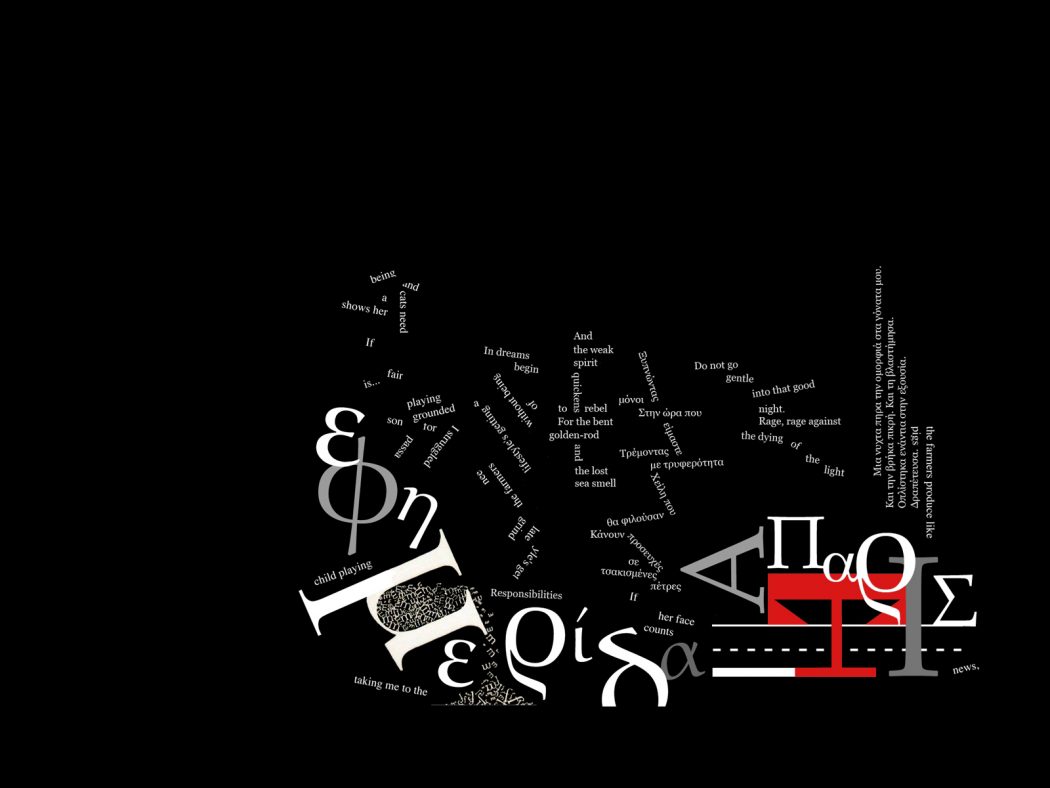After the ineffectual attempts for comprise between the two debt proposals (the one from the EU and IMF, and the other from the Greek Syriza-ANEL coalition), the government chose to carry out a referendum on the question of, the acceptance or not of the proposed economic measures.
The general public is called to react to a question set from above and which is not the result of popular demand; society is called upon to respond, within just a few days, and with the pumps of cash turned off prohibiting access to peoples’ wages, in two monosyllabic replies: ‘yes’ or ‘no’.
Fleeing to a referendum (however disappointing that may be to our borrowers) does not stand for a triumph of democracy, as it may be rudely presented. Referendums, within the frame of parliamentary democracy, have nothing to do with direct democratic procedures, which demand equal-opportunity participation, co-development and decision- making, for everyone involved; not excluding those that have no voting powers, such as refugees. Referendums are constructions – just like pole-results- where often, the question automatically comprises the answer.
As for the arguments that equate the referendum to the power of the will of the people, we respond by paraphrasing Murray Bookchin, that the call ‘power to the people’ can be realised, only when the power held by social elites reaches the people. Everyone can then gain control over their daily lives. If ‘power to the people’ does not mean anything more than ‘power to the leaders of a people’, then the people remain an amorphous, stamped upon mass, as powerless, after a referendum as before it. In the final run, a people cannot ever have power; unless it stops being a people. The falsehood of the dilemma ‘debt-deal or no debt-deal’ is revealed and it has evolved to a dialectic between the implementation of measures, proposed by local and foreign authorities. And so, society is not simply being asked to respond with a ‘yes’ or ‘no’. In real terms, a ‘yes’ suggests further submission to the demands of capitalistic elites; that is why it is so fondly favoured by its local representatives, Muppets and subjects. At the same time, a ‘yes’ suggests a great defeat – not only for the struggling peoples’ movement, but for the whole of society in general – as a dictated manner of thought process would prevail, while now, the issue lays in its deconstruction. If the ‘yes’ succeeds, we’ll be taking many steps backwards.
A ‘no’ will be used by the powerful as a second ‘yes’ to the choices of our government, which is trying to regain popular agreement over economic policies – policies that differ considerably from the overly publicised ‘tearing up of the debt-deal’. On the contrary, they indicate to a disposition of ‘creative’ agreement for proposals of exhausting social measures and goals, in order to avert the responsibility of a significant rupture from the thespians of the rebirth of neo-liberalism.
Whether one chooses to participate in the referendum or not, the struggling parties of our society should not be defined by pseudo- dilemmas proposed by the government, and/or the national or international capitalistic clash waves. We choose the growth of the social-class competition, reinforcing the position of those under, through existing and new movement structures, like community meetings, communal original movements, unions at the base, networks of community- supported financing, occupations, self-motivated attempts in every sphere of communal life. The fighting community parties have a responsibility, with calm and determination, to:
a. Obstruct the rightwing institutions of neo-liberalism and conservatism, which are attempting an invasion.
b. Attain public placements where we can structure our opposition to the ‘Left’ and/or the EU debt-deal, without allowing for the further destruction of our livelihoods.
c. Turn our backs to the EU bankers and our national capitalists too, and find inspiration in practical examples of self-organisation, such as those of Zapatistas and the Kurds of Rojava.
This crisis dictates the use of every necessary measure. NO to the submitting of our lives in the name of a country and national or international capitals. YES to the unmediated striving for social independence.
Heraclio, Crete, 1st July 2015.
The free newspaper’s Apatris Announcement Regarding the Referendum and Recent Developments.


